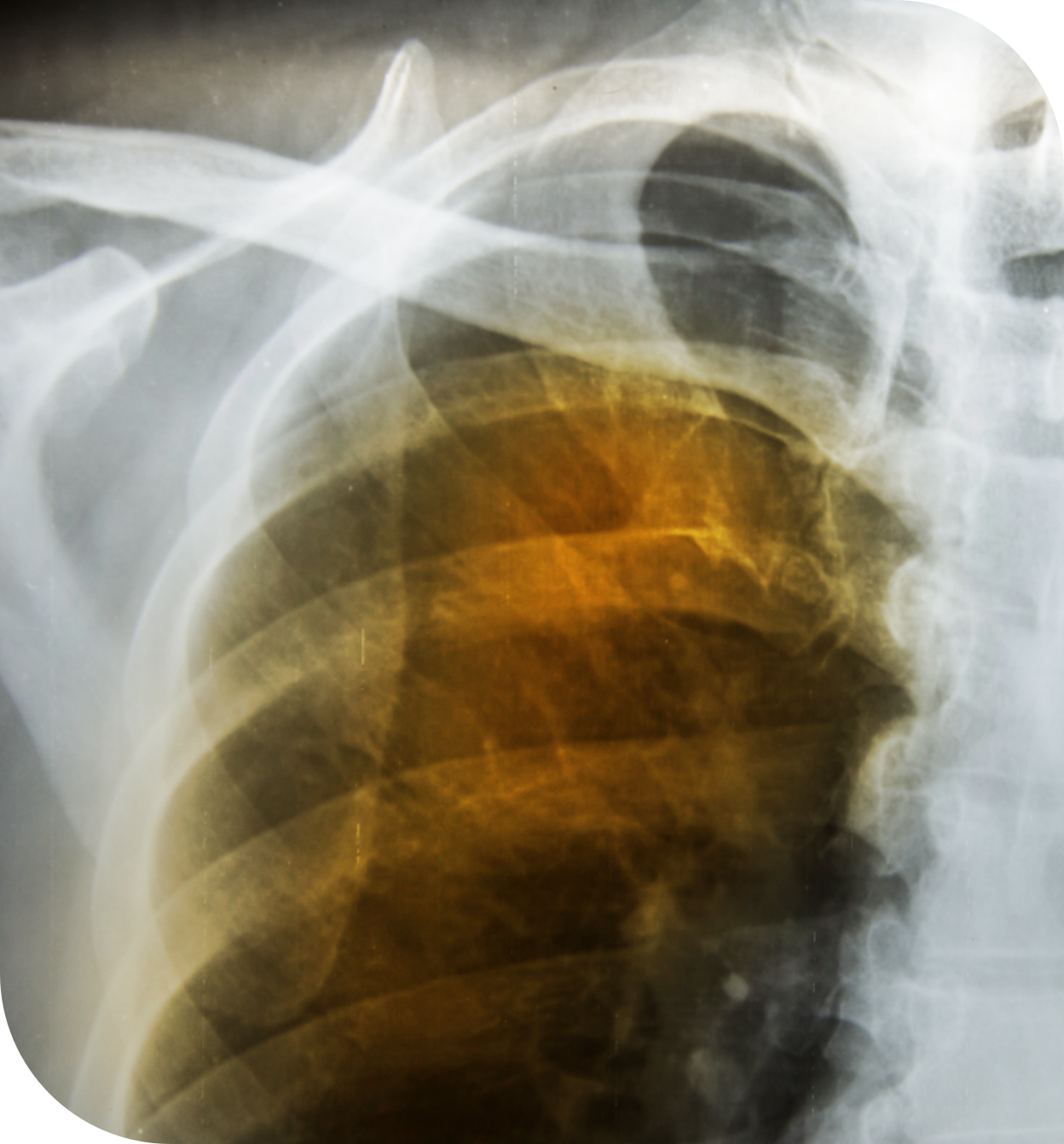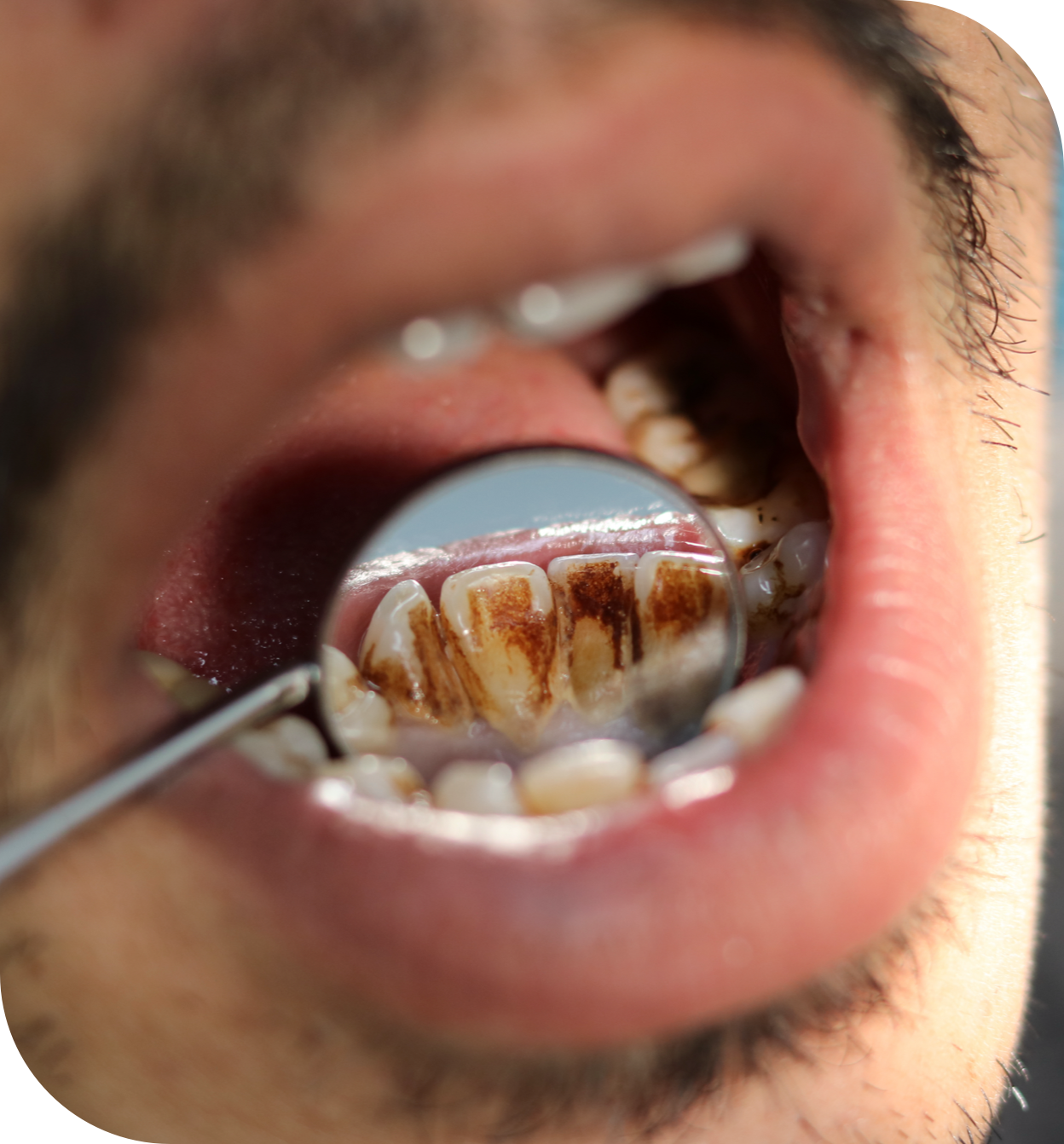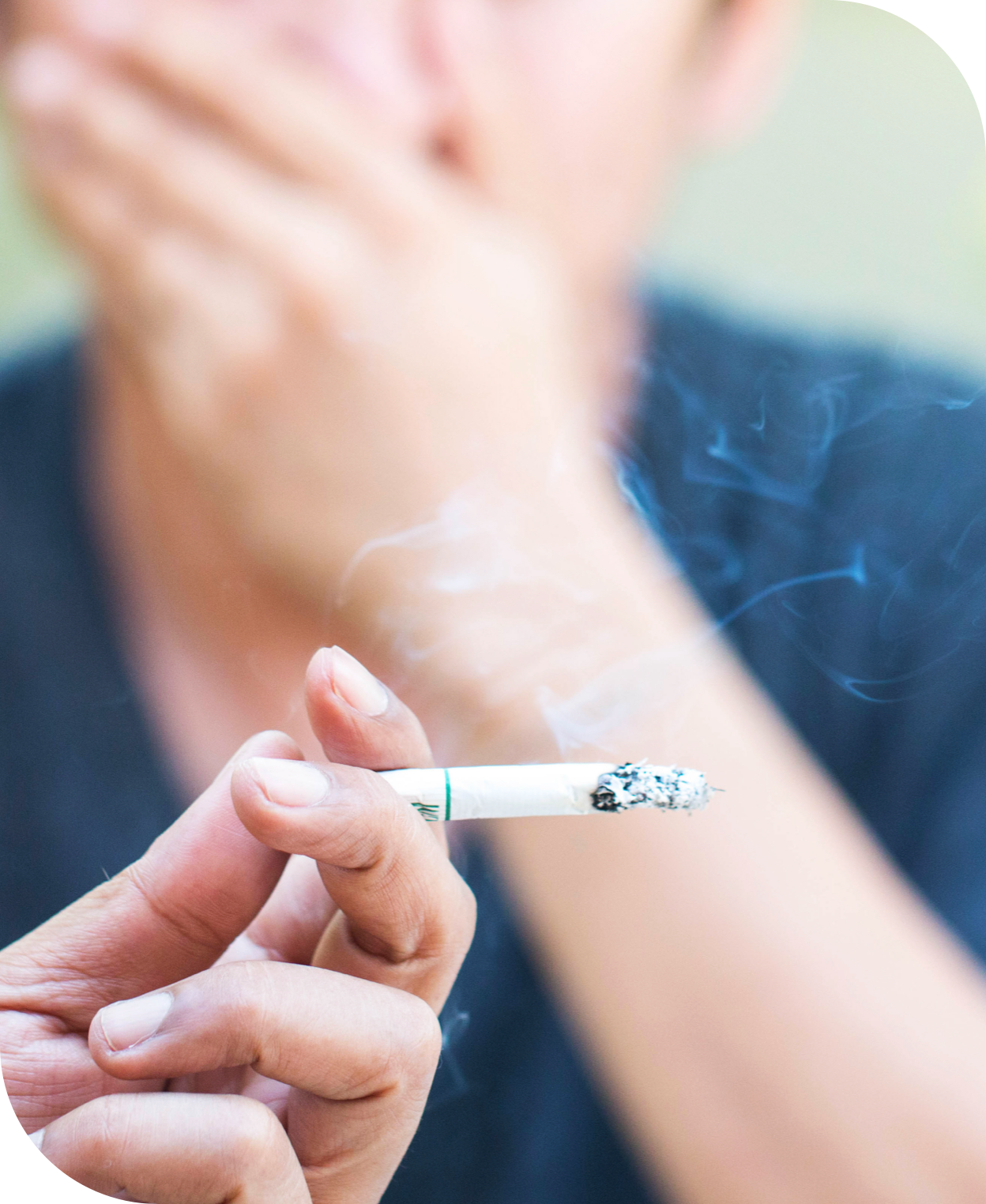Smoking Cessation
Smoking Cessation is stopping smoking (quitting smoking), it is the process of discontinuing of smoking tobacco. Tobacco contains a substance of Nicotine, because of smoking cessation, it can cause a nicotine withdrawal, which can make quitting smoking difficult. Scientific results show that around 70% of people in the US has said they would like to quit smoking, however around 50% have said they attempted to do so.



Smoking Cessation
What can smoking do to me?
The nicotine and other chemicals in tobacco can cause many various heath issues, such as a different type of cancer and health issues. Every year around 78,000 people die from smoking and smoking related issues in the UK, smoking increases your risk of developing 50 fatal diseases, along with causing irreversible long-term damage to your health.
Smoking can cause damage to your heart and blood circulation, which will increase your risk of things like heart attacks, stokes and damage to your blood vessels. 7 out of 10 cases of Lung Cancer are caused my long-term smoking, other types of cancer caused by smoking are mouth, throat, bladder, bowel, liver, pancreas, and oesophagus. It can also reduce the fertility between both women and men, along with causing impotence in men.



Smoking Cessation
What can smoking do to
my oral health?
People who smoke are at a higher risk of decay, gum problems, loosing teeth and developing mouth cancer, poor healing after tooth removal, decreased taste, and bad breath. Smoking can also issues that are not health related in your mouth such has staining. Smoking and or chewing tobacco can cause the enamel on your teeth to darken in colour and appear yellow. If you are concerned about any staining on your teeth and or any gum issues due to smoking, visiting your dental hygienist can help.
It is very important to have regular dental check ups every 6-12 months, they provide oral health information, they also do oral cancer screenings to check for any abnormalities in the mouth to catch anything at an early stage, which can be due to smoking. When the dentist does an oral cancer screening, they look inside your mouth for any red and white patches, they also examine the tissues in your mouth and your neck for any lumps and abnormalities. If the dentist finds anything concerning or anything they want to investigate they may ask for some more follow up appointments or they may send the patient for a biopsy procedure.
It is important to look after your oral health and wellbeing, and is important to be able to look out for the symptoms of mouth cancer, for example some symptoms are:
- Dentures suddenly not fitting correctly
- Swelling in the mouth
- White or red patches in the mouth
- Persistent ulcer on your lip that does not disappear after 7-10 days and if the ulcer is not painful.
If you or anyone you are aware of are experiencing any of the above symptoms, contact your dentist or GP immediately.



Smoking Cessation
What can smoking do
to those around me?
Second hand smoking comes from the tip of a lit cigarette and the smoke that the smoker breathes out. Even if you don’t smoke and someone else around you does, breathing in the second-hand smoke, also known as passive smoking, increases your risk of the same heath issues, for example, the risk of you developing lung cancer is increased by a quarter.
If you are a parent and smoke around a small child, it can be detrimental to their heath. It increases their risk of developing persistent coughs, chest infections, meningitis and increase the risk of cot death.
If pregnant and someone smokes, you are putting your own and your unborn child’s heath at risk. It can cause complications like miscarriage, a premature birth, a baby born with a low weight and still birth. Smoking cigarettes containing tobacco restricts the oxygen supply to the baby which is essential in helping your baby grow and develop.
There are many various things that can help you stop smoking, for example, you can use NRT (Nicotine Replacement Therapy. NRT only contains nicotine and none of the damaging chemicals such as tobacco, so it is much better than continuing to smoke. There are many different forms NRT can be found, for example:
- Patches – these should be worn no more than 16 hours in a 24-hour period
- Gum
- Inhaler
- Microtabs
- Nasal / mouth spray
You can be prescribed those items, or you can buy them over a counter without a prescription, but before using them, you should consult a GP, or a specialist stop smoking adviser.
The NHS offer a SmokeFree helpline, giving advice and support on stopping smoking.
NHS Smokefree helpline: 0300 123 1044 - 9am to 8pm Monday to Friday, and 11am to 4pm Saturday and Sunday.
Stopping smoking has various benefits for your health such as lower the risk of cancer and other diseases. When smoking, your heart rate and blood pressure are higher than the average non-smoker, however when stopped smoking, these both return to normal. Within a few hours of stopping smoking, the carbon monoxide levels in the blood, start to decline. After 9-12 months of not smoking, the circulation in the body improves greatly and you will start to see changes such as your teeth becoming whiter!
Contact Us
We have plenty on-site parking with designated spaces for blue badge holders. Feel free to contact us for more information on our services. We will be there to assist you in any way we can.
Contact
01902733369
01902861692
07958698880
07716197120
07498277004
antrimhousedental@aol.co.uk
Where To Find Us
88 Old Fallings Lane,
Wolverhampton, WV10 8BN
Opening Times
| Monday | 09:00 - 18:00 |
| Tuesday | 09:00 - 18:00 |
| Wednesday | 09:00 - 18:00 |
| Thursday | 09:00 - 18:00 |
| Friday | 09:00 - 16:00 |
| Weekend | CLOSED |
Smoking Cessation
Smoking Cessation is stopping smoking (quitting smoking), it is the process of discontinuing of smoking tobacco.
What is Smoking Cessation?
Smoking Cessation is stopping smoking (quitting smoking), it is the process of discontinuing of smoking tobacco. Tobacco contains a substance of Nicotine, because of smoking cessation, it can cause a nicotine withdrawal, which can make quitting smoking difficult. Scientific results show that around 70% of people in the US has said they would like to quit smoking, however around 50% have said they attempted to do so.
Smoking Cessation
What can smoking do to me?
The nicotine and other chemicals in tobacco can cause many various heath issues, such as a different type of cancer and health issues. Every year around 78,000 people die from smoking and smoking related issues in the UK, smoking increases your risk of developing 50 fatal diseases, along with causing irreversible long-term damage to your health.
Smoking can cause damage to your heart and blood circulation, which will increase your risk of things like heart attacks, stokes and damage to your blood vessels. 7 out of 10 cases of Lung Cancer are caused my long-term smoking, other types of cancer caused by smoking are mouth, throat, bladder, bowel, liver, pancreas, and oesophagus. It can also reduce the fertility between both women and men, along with causing impotence in men.






Smoking Cessation
What can smoking do to
my oral health?
People who smoke are at a higher risk of decay, gum problems, loosing teeth and developing mouth cancer, poor healing after tooth removal, decreased taste, and bad breath. Smoking can also issues that are not health related in your mouth such has staining. Smoking and or chewing tobacco can cause the enamel on your teeth to darken in colour and appear yellow. If you are concerned about any staining on your teeth and or any gum issues due to smoking, visiting your dental hygienist can help.
It is very important to have regular dental check ups every 6-12 months, they provide oral health information, they also do oral cancer screenings to check for any abnormalities in the mouth to catch anything at an early stage, which can be due to smoking. When the dentist does an oral cancer screening, they look inside your mouth for any red and white patches, they also examine the tissues in your mouth and your neck for any lumps and abnormalities. If the dentist finds anything concerning or anything they want to investigate they may ask for some more follow up appointments or they may send the patient for a biopsy procedure.
It is important to look after your oral health and wellbeing, and is important to be able to look out for the symptoms of mouth cancer, for example some symptoms are:
- Dentures suddenly not fitting correctly
- Swelling in the mouth
- White or red patches in the mouth
- Persistent ulcer on your lip that does not disappear after 7-10 days and if the ulcer is not painful.
If you or anyone you are aware of are experiencing any of the above symptoms, contact your dentist or GP immediately.
Smoking Cessation
What can smoking do
to those around me?
Second hand smoking comes from the tip of a lit cigarette and the smoke that the smoker breathes out. Even if you don’t smoke and someone else around you does, breathing in the second-hand smoke, also known as passive smoking, increases your risk of the same heath issues, for example, the risk of you developing lung cancer is increased by a quarter.
If you are a parent and smoke around a small child, it can be detrimental to their heath. It increases their risk of developing persistent coughs, chest infections, meningitis and increase the risk of cot death.
If pregnant and someone smokes, you are putting your own and your unborn child’s heath at risk. It can cause complications like miscarriage, a premature birth, a baby born with a low weight and still birth. Smoking cigarettes containing tobacco restricts the oxygen supply to the baby which is essential in helping your baby grow and develop.
There are many various things that can help you stop smoking, for example, you can use NRT (Nicotine Replacement Therapy. NRT only contains nicotine and none of the damaging chemicals such as tobacco, so it is much better than continuing to smoke. There are many different forms NRT can be found, for example:
- Patches – these should be worn no more than 16 hours in a 24-hour period
- Gum
- Inhaler
- Microtabs
- Nasal / mouth spray
You can be prescribed those items, or you can buy them over a counter without a prescription, but before using them, you should consult a GP, or a specialist stop smoking adviser.
The NHS offer a SmokeFree helpline, giving advice and support on stopping smoking.
NHS Smokefree helpline: 0300 123 1044 - 9am to 8pm Monday to Friday, and 11am to 4pm Saturday and Sunday.
Stopping smoking has various benefits for your health such as lower the risk of cancer and other diseases. When smoking, your heart rate and blood pressure are higher than the average non-smoker, however when stopped smoking, these both return to normal. Within a few hours of stopping smoking, the carbon monoxide levels in the blood, start to decline. After 9-12 months of not smoking, the circulation in the body improves greatly and you will start to see changes such as your teeth becoming whiter!



Contact Us
We have plenty on-site parking with designated spaces for blue badge holders. Feel free to contact us for more information on our services. We will be there to assist you in any way we can.
Contact
01902733369
antrimhousedental23@gmail.com
Where To Find Us
88 Old Fallings Lane,
Wolverhampton, WV10 8BN
Opening Times
| Monday | 09:00 - 18:00 |
| Tuesday | 09:00 - 18:00 |
| Wednesday | 09:00 - 18:00 |
| Thursday | 09:00 - 18:00 |
| Friday | 09:00 - 16:00 |
| Weekend | CLOSED |